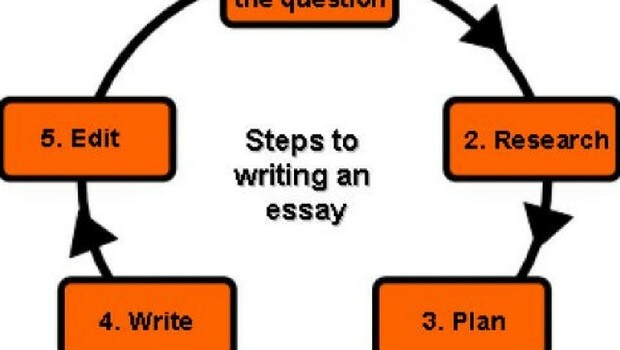Next to in-person interviews, application essays are often the most important vehicle for a personal connection with the selection committee. Essays give the candidate an ability to “bring to life” their application in a way that transcripts, test scores, and a resume just cannot do. Although rarely the single determinate for selection, it is well known that the application essay (or suite of essays) carries significant weight and often serves as the tipping point for “on the border” applications. Bottom line – thoughtful and persuasive essays are a critical component to a quality application.
There are several keys to writing a successful application essay:
1. Know your story
This is the most important tenant to not only your essays, but more broadly to your application. Your entire application package should clearly convey two to four “themes” that define you as a person and as a candidate. These themes should shine through and be reinforced in all aspects of your application: in your educational experience, work history, extra curricular/community activities, personal accomplishments, live interviews, and especially in your essays. Before ever setting fingers to keys, you must solidify the themes that define your story. You must not underestimate the importance of spending time on this critical task (for additional information on this topic read my article “A Stake in the Ground”).
2. Tie your essays to your themes
It is absolutely critical that your essays convey your themes in an articulate way. One of the most common mistakes applicants make is to devise a set of interesting and creative essays that are inconsistent with each other and the broader application. Every essay should have the unabashed purpose of furthering your story, reinforcing your themes, and strengthening the case of your application.
3. Do not forget to address, “why this?”
In most cases, there are a few key messages that should make their way into any set of application essays. First, it is imperative to define “why this” institution/program is right for you. Be specific in explaining how and why the institution/program will fulfill your needs and provide you the tools for professional and personal success in the future. This requires a little research about what makes the institution/program unique and why those characteristics make it a unique fit for you. Back to the importance of those personal themes!
4. Do not forget to address, “why you?”
Besides being clear about why the institution/program is a good fit for the applicant, it is also important to give specifics about “why you” are a right fit for the institution. The institution/program wants to know you will add value to the entity. In the case of an admission essay, showcase aspects of yourself that will make you an asset to the student and faculty body. Again, these personal characteristics should tie to your themes and if they do not, you should be introspective about whether you should be applying for the program in the first place.
5. Be interesting
Finally, you must figure out how to make yourself stand out. Without being insincere and without straying too far from your themes, do not be afraid to address interesting and unique facets of yourself that help you differentiate. Let the selection committee know you are special and why you are unique when compared to the many other qualified candidates in the pool.
6. Put in the work
All of this is easier said (or written) than done. It is a difficult task to write application essays that remain true to the aforementioned principles. Finding the right balance between communication of your themes, proving the case for a good fit, and distinguishing yourself is, quite frankly, tough stuff. Try to begin the writing process months in advance. Allow yourself time to develop several iterations and have those drafts reviewed by friends, family, and trusted advisors, or visit http://essaymap.org/ for more essay writing tips. If you are diligent and focused your efforts will be evident in the well-written, purposeful essay read by the admissions committee.

